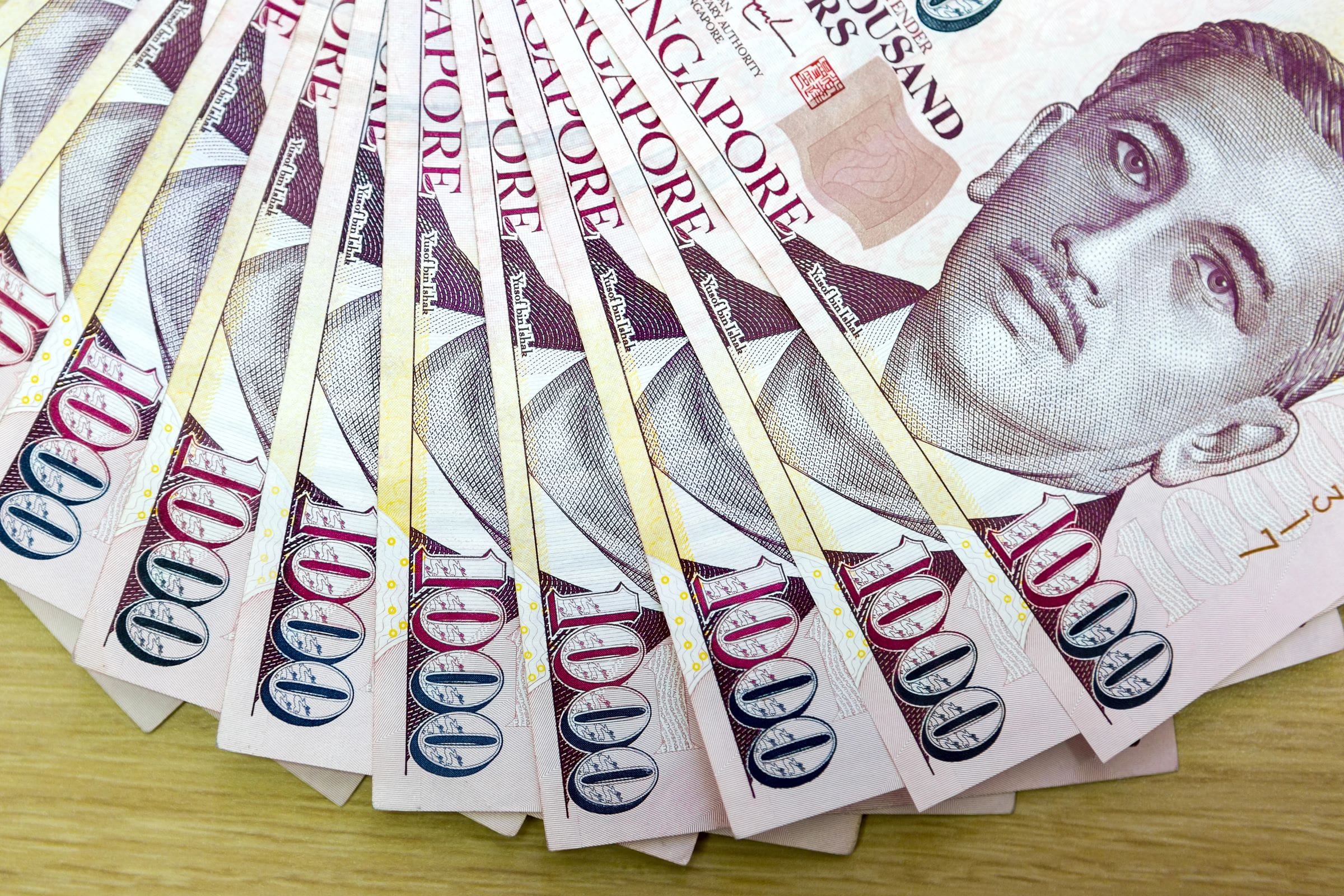I think it's worth reminding all of those complaining about the bump in GST that, actually, both PAP and WP agree that more money is needed.
It's not like the government is somehow raiding the pockets of millions of Singaporeans, while the opposition is up in arms about the unnecessary increase.
The disagreement has always been about the sources of new revenue which could provide for the growing social needs. And WP has proposed just about everything in opposition to higher GST :)
But is any of it reasonable or at all viable?
Right off the bat let's cross off drawing more from sales of state land. WP proposed to include at least the value of the first 10 years of leases on land sold each year - but that would effectively be a drawdown on reserves since, by law, land is their part.
In other words, each year a chunk of reserves would be used to fund government spending. It would be a bit like mortgaging a part of your house to spend it on consumption.
Second idea is quite similar - increasing the portion drawn from reserves via NIRC. Current rules retain a 50/50 balance between the needs of today and of the future. Skewing it towards current consumption would only gradually reduce the future pool of reserves and, ultimately, lead to a reduction of NIRC + a more burning need to increase taxes to find new revenues in the future.
Simply put, it's just kicking the can down the road.
Taking more from reserves should not be a part of a reasonable discussion on increasing government revenue.
But if not reserves, then what about other taxes? After all, GST isn't the only option.
Workers' Party put forth a few ideas - increasing corporate taxation (which, technically, will be a requirement under new global rules anyway), introducing wealth taxes on the rich as well as hiking levies on consumption of tobacco or alcohol, but also gambling and - in tune with the times - carbon emissions.
Unfortunately, there is a problem with each of them.
PAP has already increased the top marginal income tax rate to 24% from 2024 onward. Even the current 22% is considered high by many high net worth individuals - and trying to squeeze them too much can only result in forcing them out of the country altogether, so they end up paying zero.
For comparison, the top rate in Hong Kong is just 17%. And while the city has major problems these days, money doesn't stink - particularly if you can save yourself hundreds of thousands or even millions on your annual tax bill.
For the same reason any idea of taxation targeting wealth is just extremely risky. The rich are already scrambling to protect their wealth and Singapore, for a number of reasons, has been their safe haven. Why would the city-state risk pushing them out now that it has made them come?
The richest 20% already contribute about 60% to GST revenues (and will be the ones funding most of the impending increase). They also pay through the nose for new cars and properties - which foreigners are now liable to pay a whopping 30% extra for in Additional Buyer's Stamp Duty (up from 20%, or just 15% pre-2018).
In other words, wealthy immigrants spending $3 million on a condo are forced to pay additional ca. $1 million over the list price.
Trying to bleed them even more would be pushing Singapore's luck.
Regarding CIT, the city will have to abide by international agreements regarding minimum corporate tax rates anyway - but as the effective rate paid by companies is closer to 10%, it is going to have to provide other incentives to at least partly offset the increase in costs for businesses that, after all, provide all of the jobs in the country.
I'm not a mind reader, of course, but I'm willing to wager Singaporeans would rather pay 2% more for their shopping that face stagnating, reduced career opportunities or even losing their jobs as foreign investors choose to invest elsewhere.
Is a slight discount on consumption worth testing the branch everybody is sitting on?
As for taxes on pleasures like booze and smokes, I believe SG is already rather expensive in that department. Again - you can't raise taxes ad infinitum because people won't pay. They will simply reduce consumption altogether and whatever you may have believed you would earn is simply not going to materialize.
Similarly, imposing a much higher levy on carbon emissions (which the PAP has already introduced anyway) - as it is fashionable these days - would affect pretty much every business in Singapore and lead to a transfer of the costs to consumers.
Left-wing parties seem to believe that you can simply take money from a group of people or companies and then move it into pockets of the electorate with no consequences. That's not how economy works. If you raise costs across the board they become a part of the price.
Singapore is often regarded as a tax haven - but it really isn't, particularly for the wealthy. Out of all categories of taxation - personal, corporate, sales - it's only the last one that still offers a degree of flexibility.
24% PIT rate for the rich is not competitive at all. CIT is borderline attractive but only after incentives (nominal rate of 17% is not low even by European standards).
Only GST remains quite small and can be increased a bit (OECD average is ca. 20%) without a disastrous impact on consumption as well as purchasing power of Singaporean residents (particularly the less fortunate ones who will receive state-funded relief, so that the burden of the higher tax is borne by the wealthier majority).
Accepting that more money is needed (what both the government and opposition agree on) there really is no better option.





